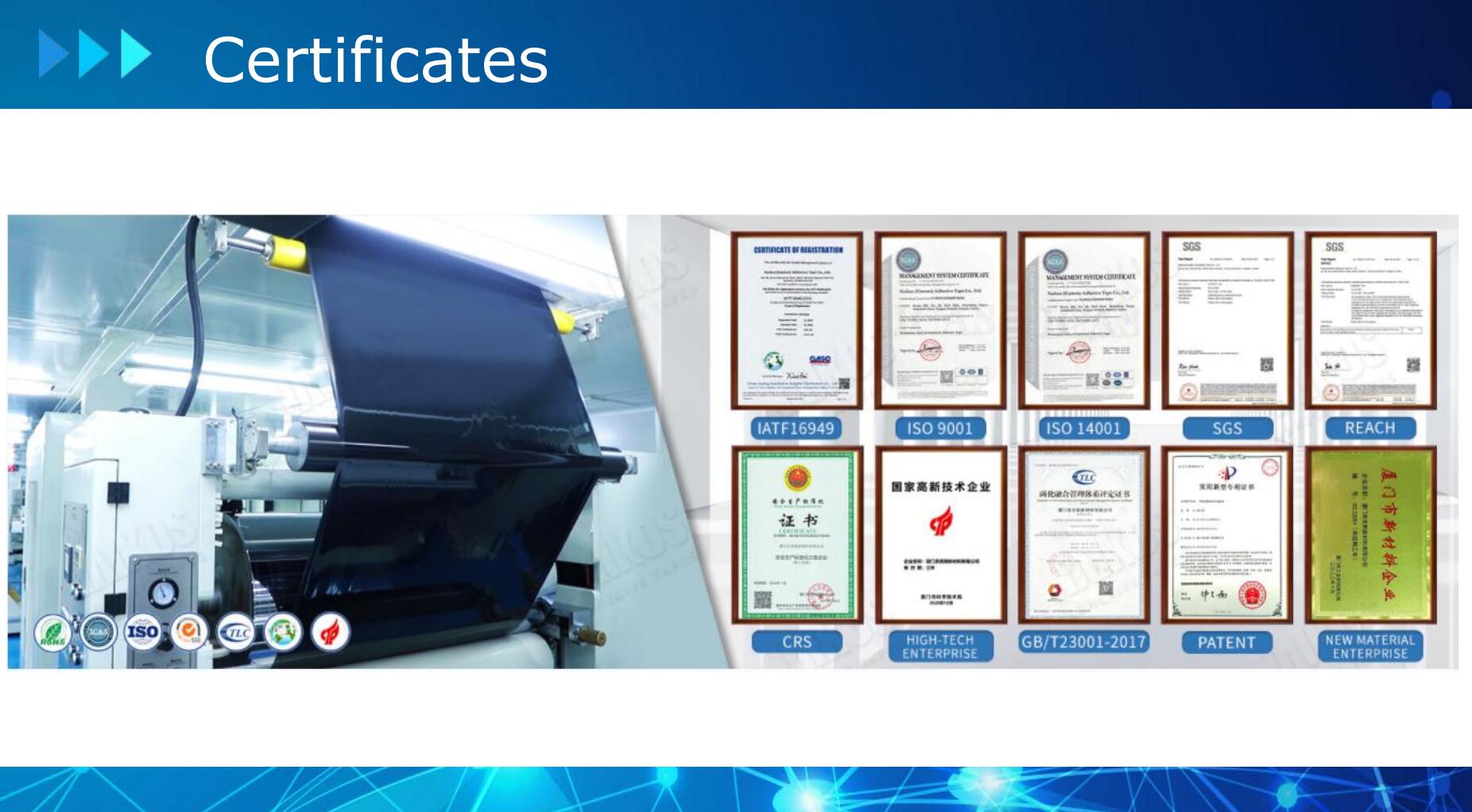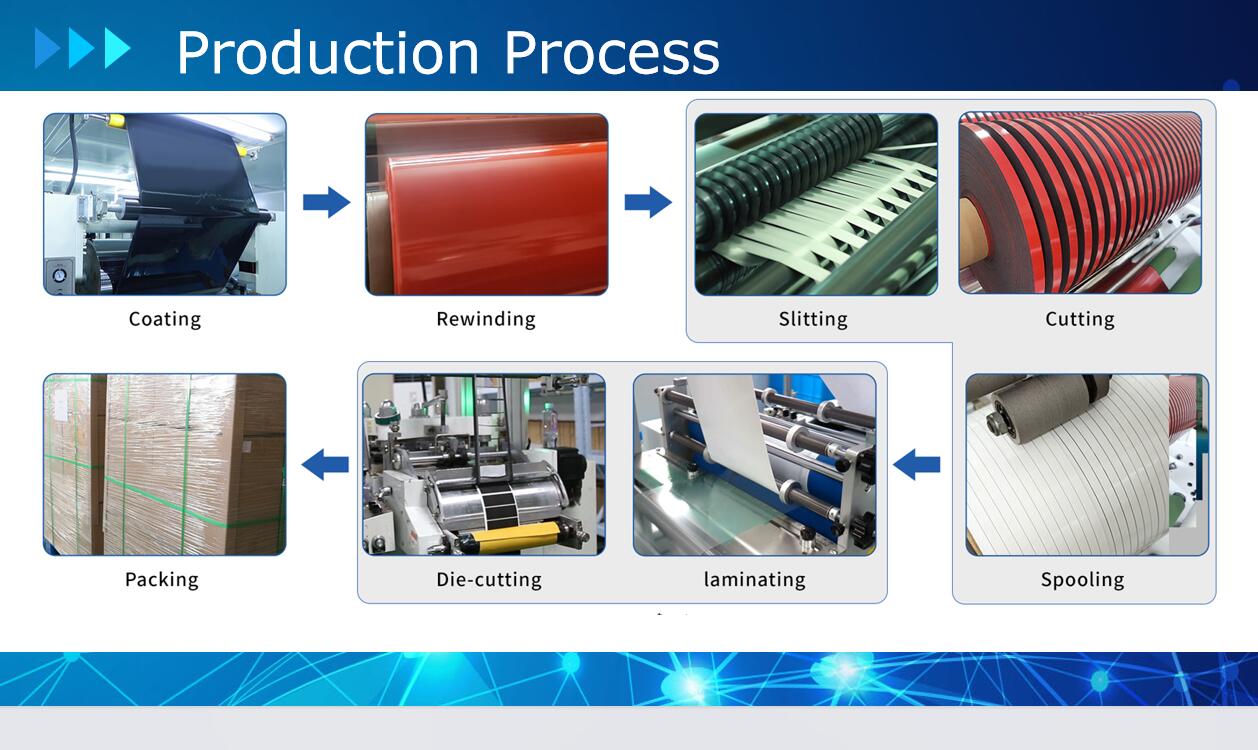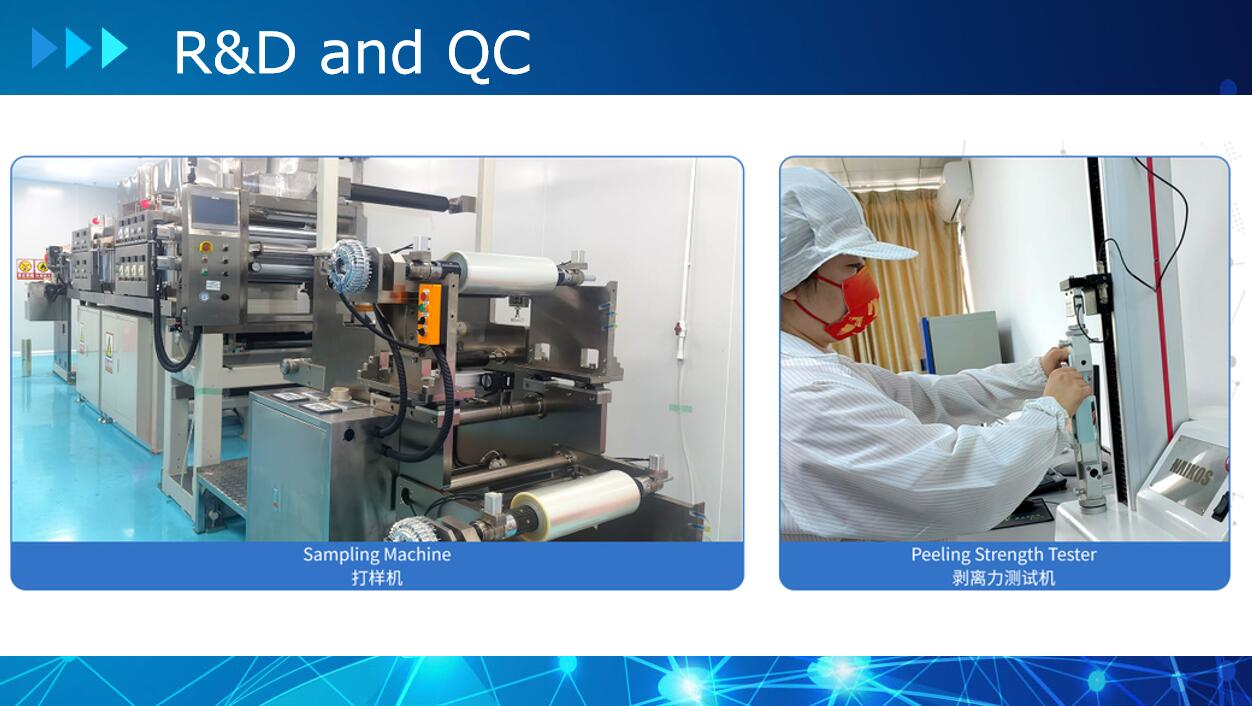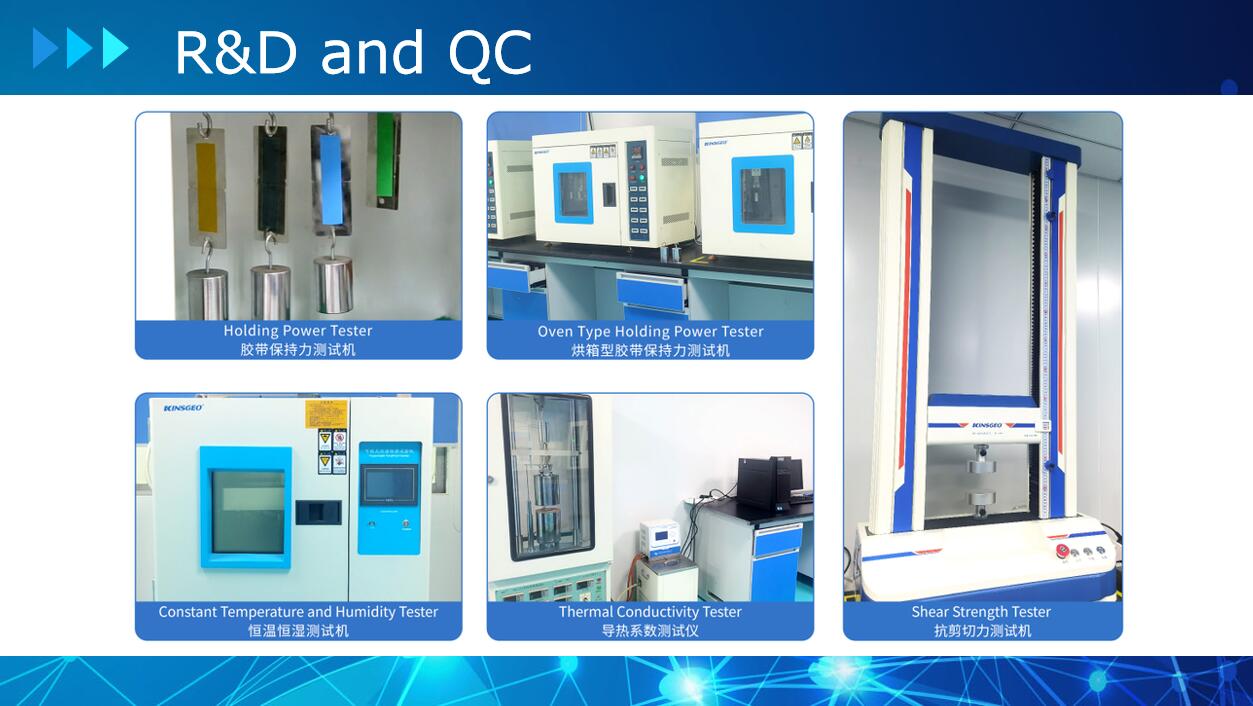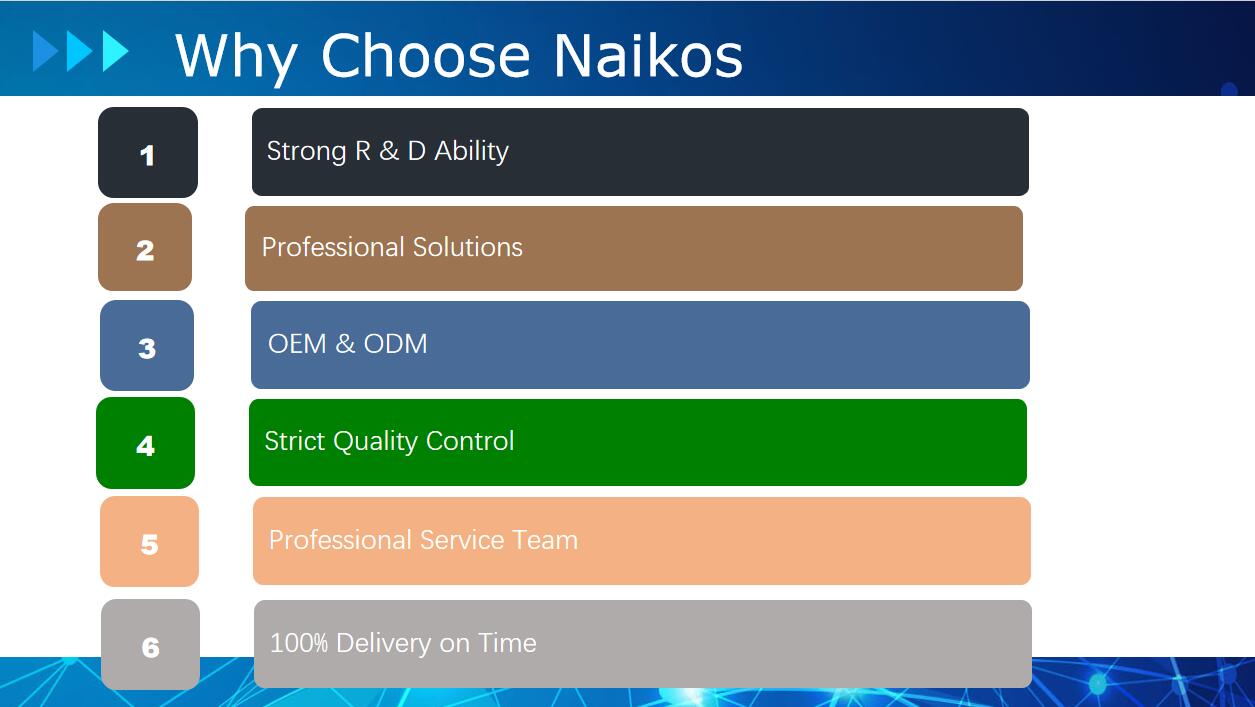Thermal conductive tape is a type of tape that exhibits excellent thermal conductivity and adhesion. It is used in a wide range of industries for different purposes. This article outlines some popular applications of thermal conductive tape.
Electronics Industry
Thermal conductive tape is a popular bonding material in the electronics industry. It is used to attach heat sinks to electronic components, such as microprocessors and power transistors. The tape ensures efficient heat transfer from the component to the heat sink, which keeps the component operating at lower temperatures and enhances its performance.
Apart from attaching heat sinks, thermal conductive tape is also used to bond other components in electronic devices, such as LED lights. The tape’s high thermal conductivity ensures that the heat generated by the LED chip is quickly dissipated, which prevents the LED from overheating and maintains its brightness.
Automotive and Aerospace Industry
Thermal conductive tape is also used in the automotive and aerospace industry. The tape is used to bond different parts of the vehicle or aircraft, such as air conditioning units, engine components, and brake pads. The use of thermal conductive tape increases the efficiency of these parts and reduces the likelihood of system failure due to overheating.
Thermal conductive tape is also used in the manufacturing of aircraft, where it is used to bond different components of the aircraft, such as the wings, fuselage, and tail section. The use of thermal conductive tape enhances the safety of the aircraft and prevents overheating, which can lead to system failure.
Medical Industry
Thermal conductive tape is also used in the medical industry. It is used to bond and protect different medical devices, such as sensors, pumps, and diagnostic equipment. The tape’s high thermal conductivity ensures that the heat generated by these devices is dissipated efficiently, which prevents excessive heating and maintains the accuracy of the devices.
Thermal conductive tape is also used as a thermally conductive pad in medical devices, such as electrocardiograms and magnetic resonance imaging machines. The tape ensures efficient thermal contact between the device and the patient’s body, which enhances the accuracy of the readings and avoids overheating of the device.
In conclusion, thermal conductive tape is a versatile material that finds extensive applications across different industries. Its excellent thermal conductivity and adhesion properties make it an ideal bonding material for many devices and components. The adoption of thermal conductive tape in various industries has resulted in improved device efficiency, safety, and accuracy.

